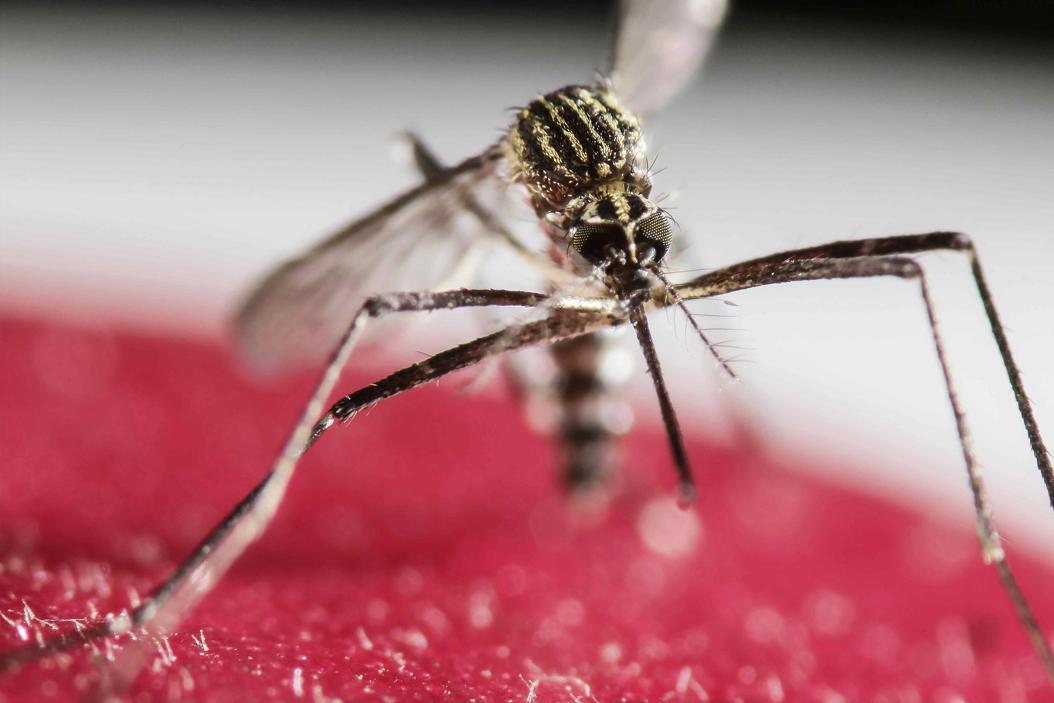Pitt comes closer to Zika vaccine


Pitt's School of Medicine has successfully tested a Zika vaccine on mice. TNS
Researchers at the University of Pittsburgh School of Medicine have had success testing an experimental Zika vaccine for mothers on female mice and their pups.
In a study posted on the online version of the journal EBioMedicine, Pitt researchers described the results of testing out two methods of Zika vaccination on pregnant mice. The offspring of mice who received the experimental vaccine were more likely to survive and less likely to develop cognitive symptoms than the offspring of unvaccinated mice, according to the researchers.
There are not yet any known treatments for Zika, a largely mosquito-borne virus that saw an outbreak last year and recently reached the continental United States. Rather, the Centers for Disease Control and Prevention have recommended treating the virus’ symptoms.
While Zika is typically not deadly for adults, the virus has been most dangerous for newborns and pregnant women. Unborn children who contract the virus from their mothers could have vision defects, hearing loss, impaired growth and microcephaly — a condition in which a child’s head is smaller than normal, indicating improper brain development.
Pitt is also involved in an ongoing project with Brazilian-based researchers called Cura Zika. These researchers are basing their efforts on a DNA-vaccine similar to the one used for yellow fever, The Pitt News reported earlier this year.
In the study with mice pups, researchers tested two methods of vaccination. The first introduces the immune system to Zika antigens, a foreign substance that causes an immune system response through a Band-Aid-like patch placed just below the skin. The second vaccine is a traditional needle injection that administers adenovirus, a toxin that causes common cold symptoms.
In the study, which was funded by UPMC and Pitt’s Department of Surgery, researchers found the mice with the microneedle array vaccine developed immunity in six weeks. The mice with the adenovirus vaccine developed immunity in two weeks.
Although the results on the mice pups are preliminary, Dr. Andrea Gambotto, a senior author of the study, said in a release the researchers plan to apply for funding to study the vaccine’s effect on humans.
Dr. Gambotto said the second vaccine, which involves “microarray needles,” is likely to be more effective for humans who already have antigens to the common cold in their system.
For Dr. Gambotto, the results of this finding offer hope for Pitt’s efforts in finding a cure for the epidemic.
“We’ve not only developed a promising vaccine candidate to move toward larger preclinical and, eventually, human trials but also a delivery format that would be inexpensive to produce and distribute to hundreds of thousands of people,” Dr. Gambotto said in the release.
Recent Posts
Pitt men’s basketball looks to soar back into win column against Louisville
On Saturday, Pitt men’s basketball (12-3, ACC 3-1) hosts Louisville (11-5, ACC 4-1) at noon…
Opinion | 2024/25: A year for the books
Few trends are more popular at the start of a new year than looking at…
New app ParkZen aims to fix lack of parking on campus
On Dec. 15, Pitt released ParkZen, an app for Pitt community members that allows users…
Police blotter: Jan. 1 – Jan. 8
Pitt Police reported the theft of salt at College Garden Departments, harassment at The Eatery…
New mid-week start to classes brings irritation and ambivalence from students
Students express their feelings, and many frustrations, about the new finals schedule which landed the…
Review | Hip Hop’s King caps off historic 2024 with ‘GNX’
Kendrick Lamar has been a longtime pioneer of the rap scene, holding to the nickname…


